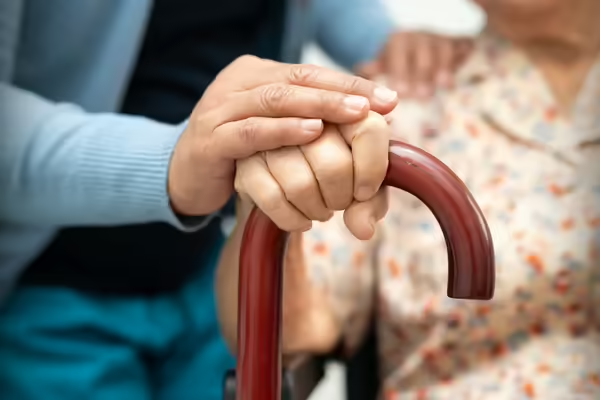
ST. JOSEPH, Ill. – Caregivers play a vital role in our communities but often neglect their own needs while caring for loved ones. To address this, Illinois Extension is hosting two workshops in St. Joseph to equip caregivers with essential self-care strategies.
“Don’t Go It Alone” will take place on Wednesday, February 12, 2024, from 2 - 3:00 p.m. at the St. Joseph Township-Swearingen Memorial Library (201 N 3rd St, St. Joseph, IL 61873). This workshop will give caregivers practical strategies for staying connected and combating social isolation.
Following this, “Caregiver Self-Care” will be held on Wednesday, February 19, 2024, from 2 - 3:00 p.m. at the same location. This workshop will teach self-care techniques that are simple, effective, and essential for every caregiver.
"Caregivers are incredible individuals who often put the needs of others before their own," says Emily Harmon, Illinois Extension Family Life Educator. "These workshops are designed to give caregivers the knowledge and tools they need to prioritize their well-being and continue providing the best possible care."
These workshops are open to the public and free of charge but registration at go.illinois.edu/DontRunOnEmpty is required. If you need a reasonable accommodation to attend, please call our office at 217-333-7672.
University of Illinois Extension develops educational programs, extends knowledge, and builds partnerships to support people, communities, and their environments as part of the state's land-grant institution. Extension serves as the leading public outreach effort for University of Illinois Urbana-Champaign and the College of Agricultural, Consumer and Environmental Sciences in all 102 Illinois counties through a network of 27 multi-county units and over 700 staff statewide. Extension’s mission is responsive to eight strategic priorities — community, economy, environment, food and agriculture, health, partnerships, technology and discovery, and workforce excellence — that are served through six program areas — 4-H youth development, agriculture and agribusiness, community and economic development, family and consumer science, integrated health disparities, and natural resources, environment, and energy.